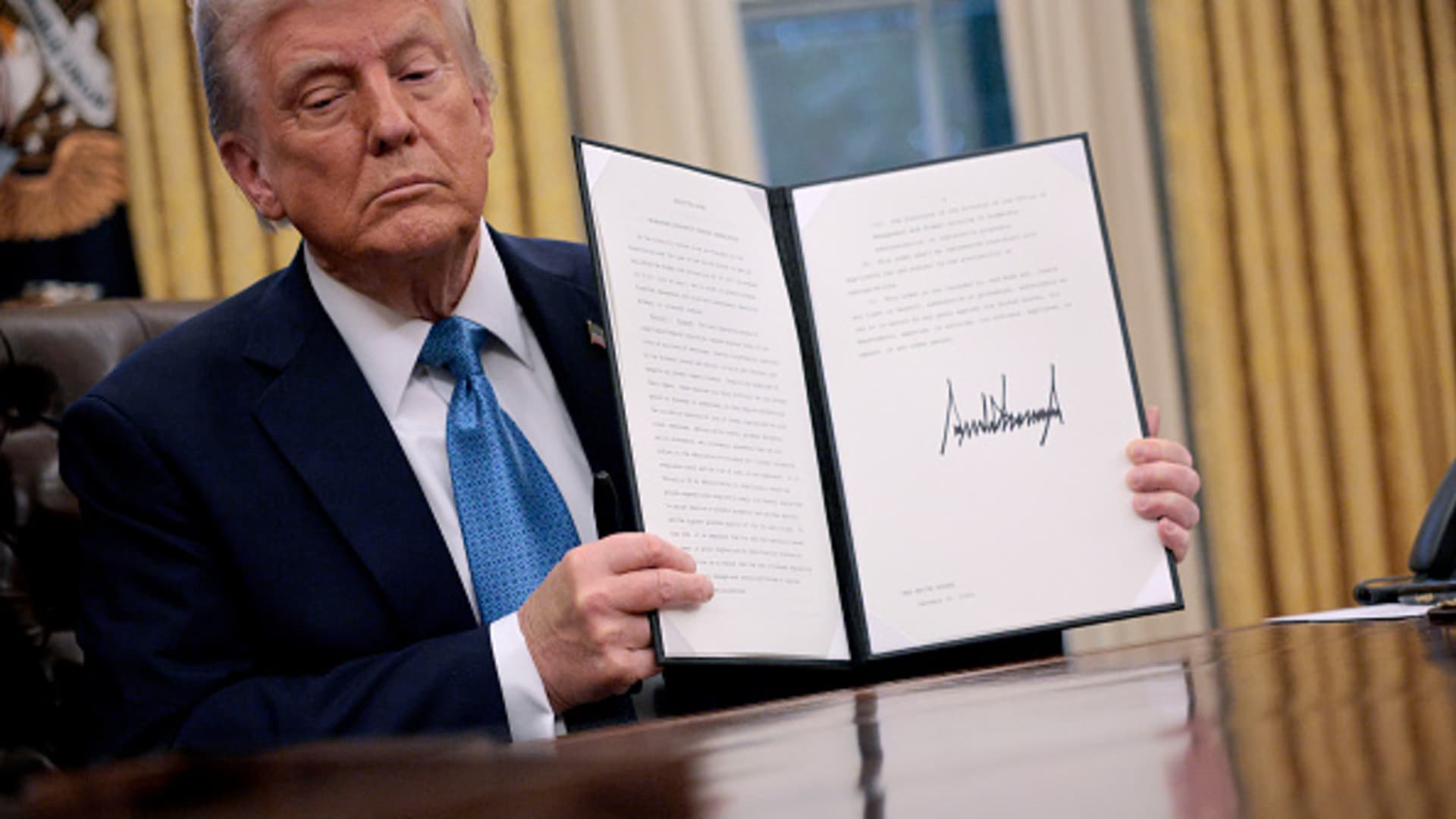Rethinking Strategies: Why Tariffs Won’t Solve the Fentanyl Crisis
The fentanyl crisis in the United States has reached alarming proportions, leading many to seek urgent solutions. One such proposed strategy is the imposition of tariffs on countries that produce fentanyl and its precursors. However, as a former member of a federal commission dedicated to addressing substance abuse, I argue that tariffs will not effectively solve the fentanyl epidemic. Instead, we need to rethink our strategies and focus on comprehensive policies that tackle the root causes of addiction and improve public health responses.
The Complexity of the Fentanyl Crisis
Before diving into why tariffs are not the answer, it’s essential to understand the complex nature of the fentanyl crisis. Fentanyl—a synthetic opioid—has flooded the market, contributing to a staggering number of overdose deaths. According to the Centers for Disease Control and Prevention (CDC), over 70% of drug overdose deaths in 2021 involved synthetic opioids like fentanyl. It is not just the drug itself that poses a problem; it is the entire network of production, distribution, and addiction that needs to be addressed.
Fentanyl is often manufactured in clandestine labs, primarily in countries like China and Mexico, before being smuggled into the United States. While imposing tariffs might seem like a logical response to penalize these countries, the reality is far more nuanced. Tariffs often result in increased costs for consumers and can exacerbate the very issues they aim to solve.
Why Tariffs Are Not the Solution
Here are several reasons why tariffs are unlikely to resolve the fentanyl crisis:
- Economic Impact: Tariffs generally lead to higher prices for consumers. In the case of fentanyl, this could push users toward even more dangerous alternatives or encourage the illegal market to operate in more covert ways.
- Supply Chain Complexity: The drug supply chain is intricate, involving not just the countries of origin but also various intermediaries. Tariffs might disrupt some pathways but could lead to the emergence of new routes and methods for smuggling.
- Short-Term Solutions: Tariffs are a reactive measure rather than a proactive strategy. They do not address the underlying issues of addiction, mental health, or the social determinants of drug use.
- International Relations: Imposing tariffs can strain diplomatic relations with countries that are already collaborating with the U.S. on drug enforcement. A cooperative approach is crucial for effective international drug control.
A Holistic Approach to Combatting the Crisis
To effectively combat the fentanyl crisis, we need to adopt a holistic approach that encompasses prevention, treatment, and enforcement. Here are some strategies that could yield better results:
1. Prevention and Education
Investing in prevention programs, particularly in schools and communities, is crucial. Education about the dangers of opioid use, including fentanyl, can help deter initial use. Programs that focus on building resilience in youth and providing mental health support can prevent the onset of addiction.
2. Expanding Access to Treatment
Access to treatment for those struggling with substance use disorders must be expanded. This includes increasing the availability of medication-assisted treatment (MAT) and ensuring that healthcare providers are trained to treat addiction effectively. Telehealth services can also be leveraged to reach individuals in remote areas.
3. Strengthening Law Enforcement and International Cooperation
While tariffs might not be the answer, strengthening law enforcement efforts to combat drug trafficking is still essential. This can be achieved through improved intelligence sharing and joint operations with international partners. Collaborative efforts can disrupt the supply chains of fentanyl and its precursors more effectively than tariffs alone.
4. Addressing Social Determinants of Health
Understanding that addiction often stems from broader social issues is critical. Addressing poverty, unemployment, and lack of access to healthcare can help mitigate the conditions that lead to substance use. Comprehensive public health strategies that include housing, employment, and community support systems are necessary.
Long-Term Solutions and Policy Recommendations
To create a sustainable solution to the fentanyl crisis, policymakers must consider the following recommendations:
- Federal Funding: Increased federal funding for addiction treatment and prevention programs is vital. This funding should prioritize evidence-based practices that have been proven effective.
- Research and Development: Investing in research to develop new treatments for opioid addiction and alternative pain management strategies can help reduce reliance on opioids.
- Public Awareness Campaigns: National campaigns aimed at demystifying addiction and reducing stigma can encourage individuals to seek help without fear of judgment.
Conclusion: A Call for Thoughtful Action
The fentanyl crisis is a complex issue that requires more than just tariffs as a solution. While it may be tempting to think of tariffs as a quick fix to an urgent problem, they are ultimately a simplistic response to a multifaceted epidemic. Instead, we must embrace a comprehensive strategy that addresses the root causes of addiction, expands treatment access, and strengthens international cooperation against drug trafficking.
By investing in prevention, treatment, and supportive policies, we can create a healthier society that reduces the impact of fentanyl and other substance use disorders. It’s time to rethink our strategies and prioritize actions that will genuinely make a difference in the lives of those affected by this crisis.
See more WebMD Network



